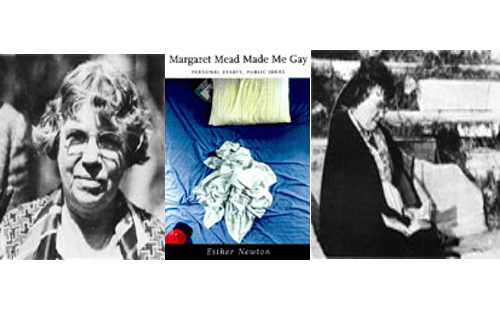Then there’s the obvious: the relationship between the more and the less affluent parts of the world, and the various players involved. There are also questions about how religions enter into this. There’s not time today to go into it, but just as a teaser, I’ll tell you that aside from Catholicism, which flat-out says no to all of it, branches of most of the other religions have accommodated these things in fascinating ways, and managed to reinterpret doctrine and text to incorporate this.
What does it mean—back to being a country—about your national health system? There’s been reference to the question of is it fair or not fair that insurance covers some of this stuff? Well, okay, imagine that you lived in a country that actually had a rational national health system.
[LAUGHTER]
Imagine. “Coming soon to you here.”
What’s a rational health system to do? What are you going to cover? How are you going to make a decision? You might say an easy “no” to octuplets, but there are a lot of other questions, including the question of what are you diverting the resources away from when you divert towards the coverage of this stuff?
So this is all a great big tease, as you can tell. I have no answers. I’m only trying to say that I think that as we try to figure it out in the United States, we should think of ourselves as being global citizens, and part and parcel of patterns that are happening to lots of other folks. And then maybe we can try to figure out the question of what it means to have these most intimate activities and relationships in this brave new world. Thanks.
Video
Listen using the player above or visit BCRW on iTunes to download or subscribe to BCRW’s podcasts.
ART: Where are We Now? – Podcast Description
Debora Spar gives opening remarks and introduces the first panel discussion of this year’s conference, which includes panelists Lori Andrews, Wendy Chavkin, Leith Mullings and Loretta Ross. Increased demand for assisted reproductive technology (ART) and transnational adoption has been propelled by a number of factors, including the development of new technologies and changes in familial form – such as childrearing in second or third marriages; lesbian, gay, and transgendered families; and delays in childbearing and subsequent difficulties in conception – that make ART helpful. Other relevant factors include environmental changes that have negatively affected fertility levels, new levels of transnational migration and interaction that have fueled awareness of babies available for and in need of adoption, and concerns about genetic diseases and disabilities. Effectively, the various imperatives and the desires, both cultural and personal, that the use of ART fosters and responds to, have created a “baby business” that is largely unregulated and that raises a number of important social and ethical questions. Do these new technologies place women and children at risk? How should we respond ethically to the ability of these technologies to test for genetic illnesses? And how can we ensure that marginalized individuals, for example, people with disabilities, women of color, and low-income women, have equal access to these new technologies and adoption practices? And, similarly, how do we ensure that transnational surrogacy and adoption practices are not exploitative? These questions and many others on the global social, economic and political repercussions of these new forms of reproduction were the focus of this year’s Scholar and Feminist Conference, “The Politics of Reproduction: New Technologies of Life,” which took place on February 28, 2009 at Barnard College.




